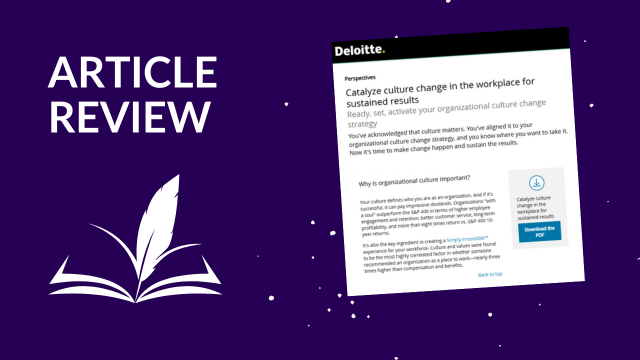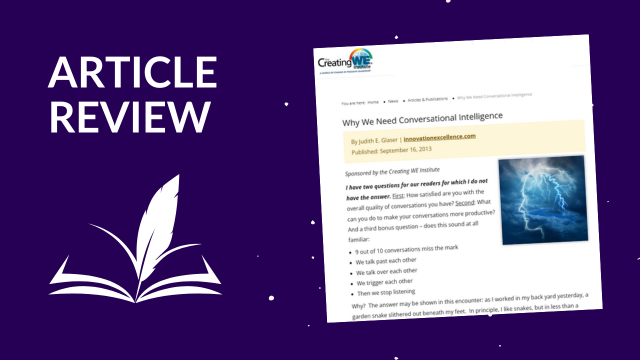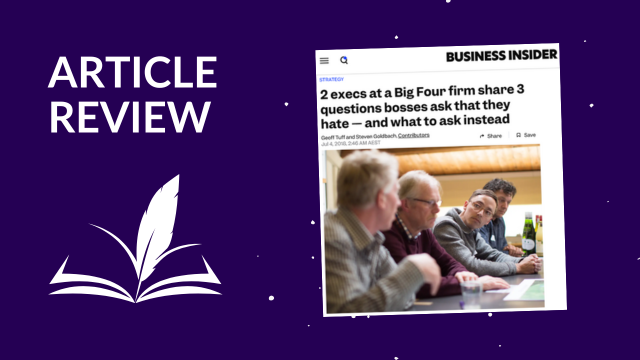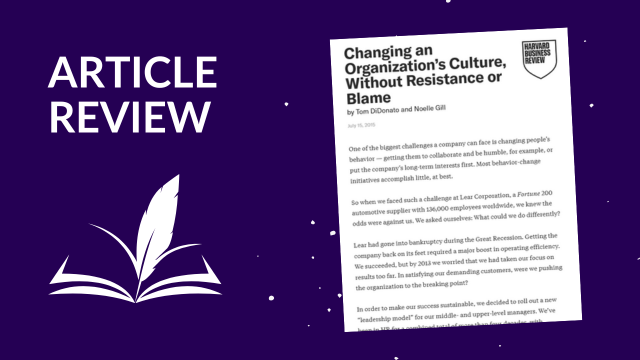In case there is any doubt, a culture of trust is vital to the work that we do as change practitioners. You may be able to drive short-term, looking-over-the-shoulder compliance through authoritarian, top-down dictate; but deeply embedded change requires trust.
In too many organizations, the trust-meter readings are dangerously low. According to Marissa Levin (8 Ways to Build a Culture of Trust Based on Harvard’s Neuroscience Research, Inc.), a global study of CEO’s conducted by PWC in 2016 reported that 50% believe that the lack of trust to be a major threat to their organization’s growth.
In the same article, the author cites other research regarding the impact of trust at work including:
- 74% less stress
- 106% more energy
- 50% more productivity
- 76% higher employee engagement
- 29% more satisfied
- 40% less burnout
So how do you raise the trust-meter?
Neuroscience has shown that trust resides in the pre-frontal cortex…the same location as empathy. Building empathy strengthens relationships, and strengthened relationships strengthen trust. Empathy increases as the level of oxytocin increases.
Levin cites 8 specific cultural shifts to achieve such an increase in oxytocin, and build trust. (A “Well Done” for each of these that already exist in your organization!)
- Recognize excellence
- Induce “challenge stress”
- Empower employees to choose work patterns and habits
- Give employees a voice in their own job design
- Communicate often
- Intentionally build relationships
- Facilitate whole-person growth
- Show vulnerability
As change practitioners we may not be in a position to bring all of these into play. But if not, we are in a position to engage in some directly, and to encourage leaders to consider the others as they commit to moving their change initiatives forward.







